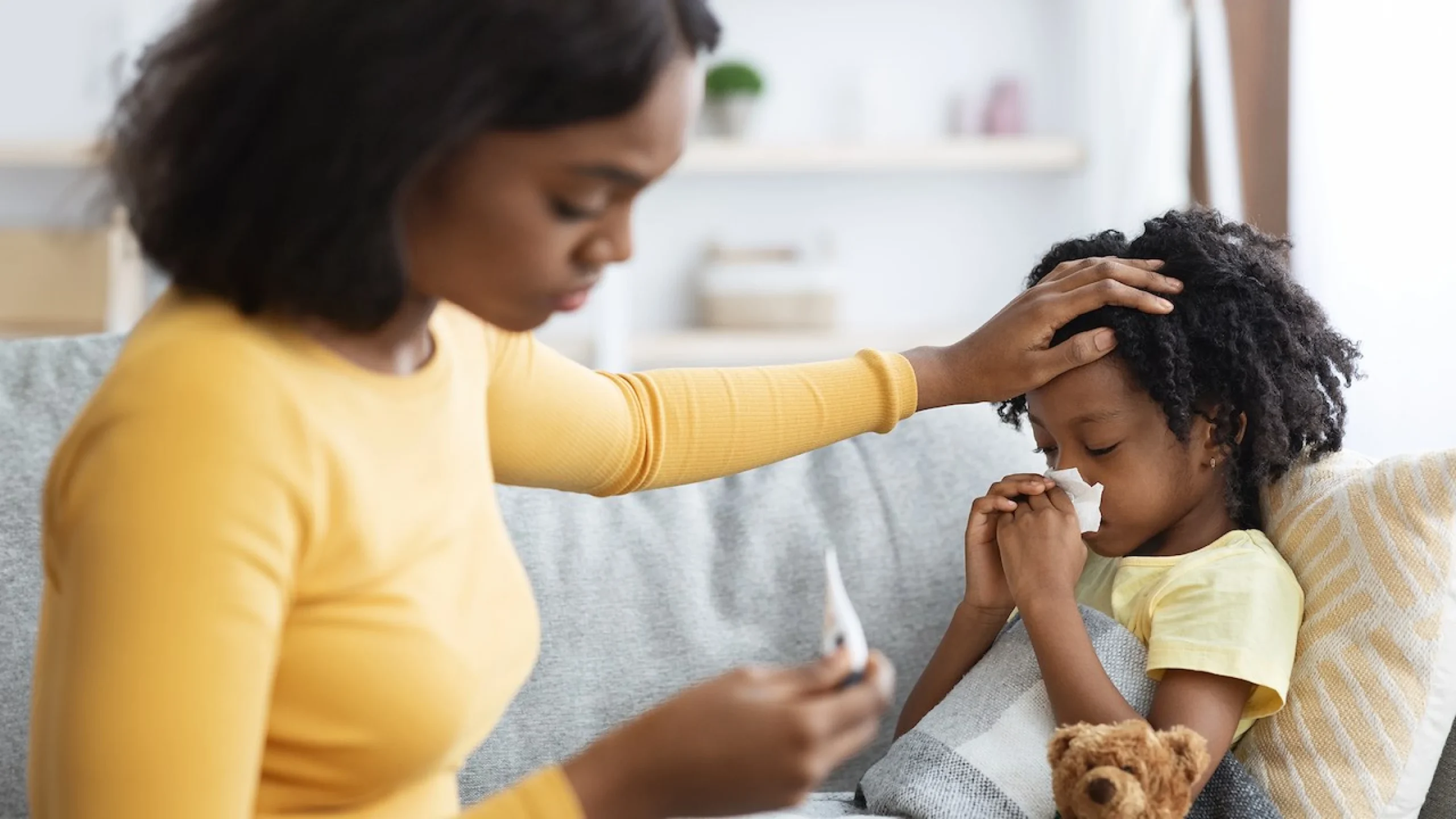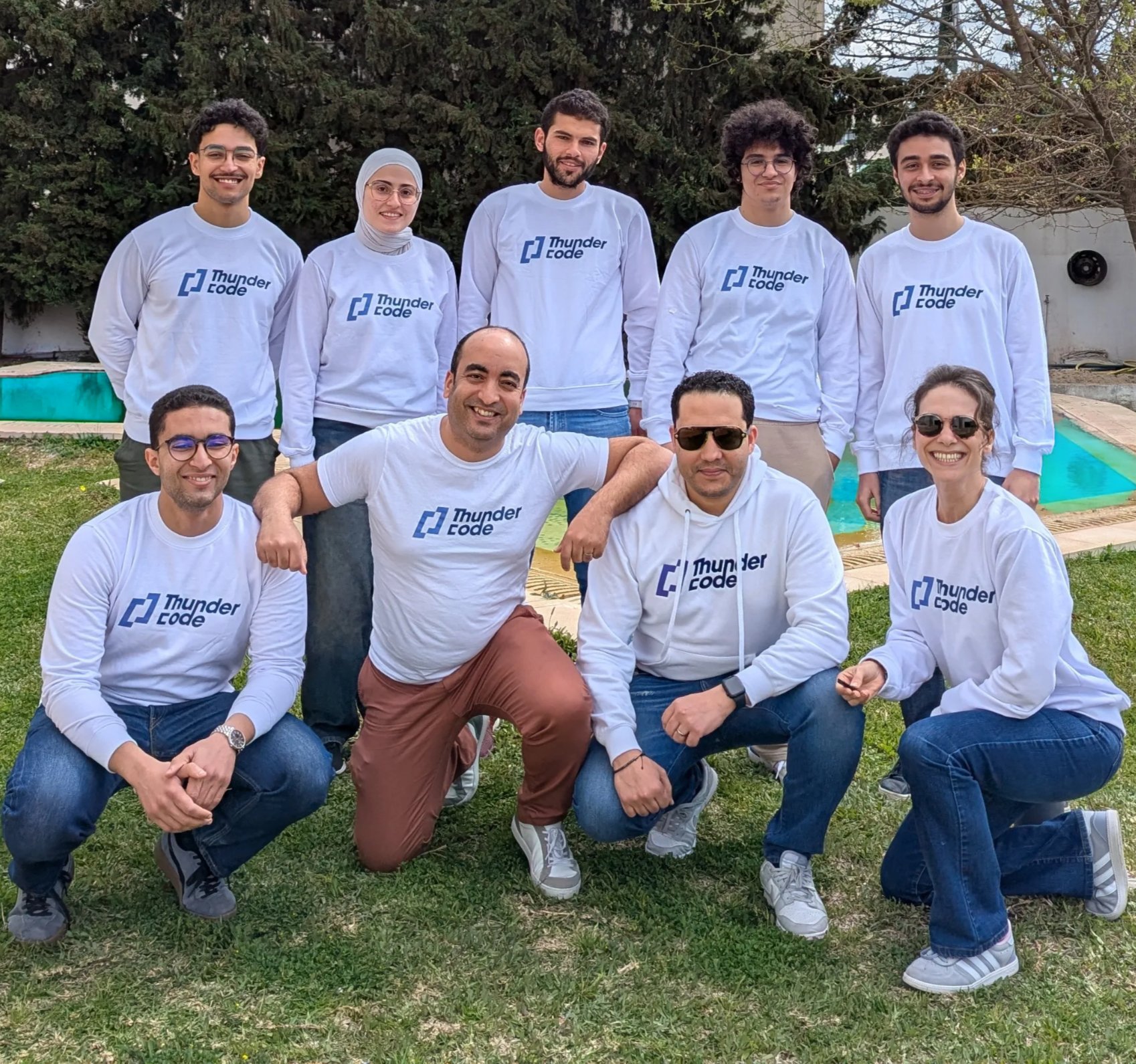Every cry, heartbeat, and symptom tells a story. From saving newborns through early detection of birth asphyxia, to spotting hidden health risks, fast-tracking urgent referrals, ensuring timely vaccinations, and identifying hearing loss, AI is rewriting the future of child health in Africa.
AI is driving a global transformation, but have you ever considered its impact on child health? The Sustainable Development Goals, SDG 3.2, aims to ensure healthy lives and promote well-being for neonates and children. While progress has been made, imagine if we could accelerate this impact and achieve the goal faster, wouldn’t that be remarkable? Several AI innovations are now specifically targeting child health. For instance, a Nigerian medtech company, Ubenwa Health uses AI to analyze newborn cries for birth asphyxia detection with 96% accuracy, potentially saving countless young lives as this is one of the major causes of newborn mortality. Other notable innovations include NeoGuard, Vula mobile, and more, each playing a significant role in transforming pediatric care across Africa.
In this report, we will explore five (5) of these innovations and examine their profound impact on children’s health.
Ubenwa Health: Turning Cries into Early Detection
Ubenwa Health, founded by Charles Onu in Lagos, Nigeria, in the year 2019, provides low-cost, instant, and life-saving diagnostics by analyzing infant cries to detect birth asphyxia (1), which is one of the leading causes of neonatal death Worldwide (2,3) and is responsible for significant brain damage and long-term disabilities in newborns(3). Ubenwa’s screenings have saved roughly 200 infants by enabling interventions within the critical first hour of life. where traditional tools are unavailable(4).
NeoGuard by Neopenda: Continuous Monitoring for Vulnerable Newborns
NeoGuard, launched in Kenya in the year 2021, was developed by Neopenda, a health tech company founded by Sona Shah and Teresa Cauvel(5). It is a wearable lightweight, wireless device that continuously monitors four key vital signs- pulse, temperature, respiration, oxygen saturation and transmits data to a tablet, allowing healthcare workers to track up to 15 patients at once(6). It creates Real-time alerts allow nurses to act immediately, preventing deterioration and death, particularly among newborns and vulnerable patients(7).
Vula Mobile: Fast Referrals for Children
South African Innovative health solution, Vula Mobile is an AI-assisted referral app connecting primary care to pediatric specialists. It began in 2014 and was created by Dr. William Mapham and initially developed to improve eye care referrals in rural Swaziland (Eswatini) during his volunteer work at the Vula Emehlo Eye Clinic(8,9). It has been able to make Hundreds of thousands of referrals in South Africa, which have reduced delays, improved coordination, and ensured children reach the right care faster.
Zipline: Drones Delivering Life-Saving Medicine
Zipline operates the world’s largest autonomous delivery system, It is an AI-powered logistics optimize drone delivery of vaccines, blood, and medications to remote regions. In Nigeria and Rwanda, thousands of children now receive vaccines and emergency supplies on time, even in areas unreachable by road. Zipline has been transforming healthcare delivery since it made the first delivery in Rwanda in 2016(10,11).
hearX / hearScreen: Early Hearing Detection
hearX Group is a South African digital health company founded in 2015. It is Smartphone-based audiometry and AI analysis for school children. It Detects hearing loss early, enabling interventions that improve language, learning, and quality of life(12).
There is no doubt that with these innovations continually emerging, children have a greater chance at healthier and brighter lives. Yet, widespread acceptance and long-term sustainability of these technologies will be crucial for lasting impact. And as children are the future, investing in AI-driven health solutions today is ultimately an investment in the future of Africa.
References
1. Ubenwa. Voice AI for Healthcare. 2025; Available from: https://www.ubenwa.ai/
2. Samrat Kumar Dey, Khandaker Mohammad Mohi Uddin, Arpita Howlader, Md Mahbubur Rahman, Nitish Biswas, Umme Raihan Siddiqi, et al. Analyzing infant cry to detect birth asphyxia using a hybrid CNN and feature extraction approach. 2025 Jun; Available from: https://www.sciencedirect.com/science/article/pii/S2772528625000081
3. World Health Organization. Perinatal asphyxia. Available from: https://www.who.int/teams/maternal-newborn-child-adolescent-health-and-ageing/newborn-health/about
4. IAfrica. Ubenwa – AI Neonatal Care in Nigeria. 2025 Jun; Available from: https://iafrica.com/ubenwa-ai-neonatal-care-in-nigeria/
5. MAE group. Success Story: NeoGuard – Developing a Truly Life-Saving Device. 2022 Nov; Available from: https://maegroups.com/2022/11/neopenda-life-saving/
6. WHO compendium of innovative health technologies for low-resource settings. Patient monitoring system. 2024; Available from: https://medevis.who-healthtechnologies.org/files/attachments/LHSLUpm3ElDb4jIwJ3I4WHkc7QjgMGgvGtEMYHxC.pdf
7. Efficiency for Access. NEOPENDA A WIRELESS VITAL SIGNS MONITOR FOR NEWBORN BABIES. 2022; Available from: https://efficiencyforaccess.org/wp-content/uploads/Neopenda-Project-Spotlight-Report.pdf
8. Tom Jackson. SA m-health startup Vula Mobile diversifies offering. 2016; Available from: https://disruptafrica.com/2016/09/08/sa-m-health-startup-vula-mobile-diversifies-offering
9. Vula medical. VULA. 2025; Available from: https://www.vulamedical.com/about-us
10. Peter Oluka. Inside Zipline’s Drone Facility in Nigeria: What We Learned about the World’s Leading Instant Delivery Company. 2023; Available from: https://techeconomy.ng/inside-ziplines-drone-facility-in-nigeria-what-we-learned-about-the-worlds-leading-instant-delivery-company/
11. Zipline. Store to door in minutes. 2025; Available from: https://www.zipline.com/
12. Innovation for Africa. HEARX. 2017; Available from: https://www.innovationforafrica.com/hearx/




